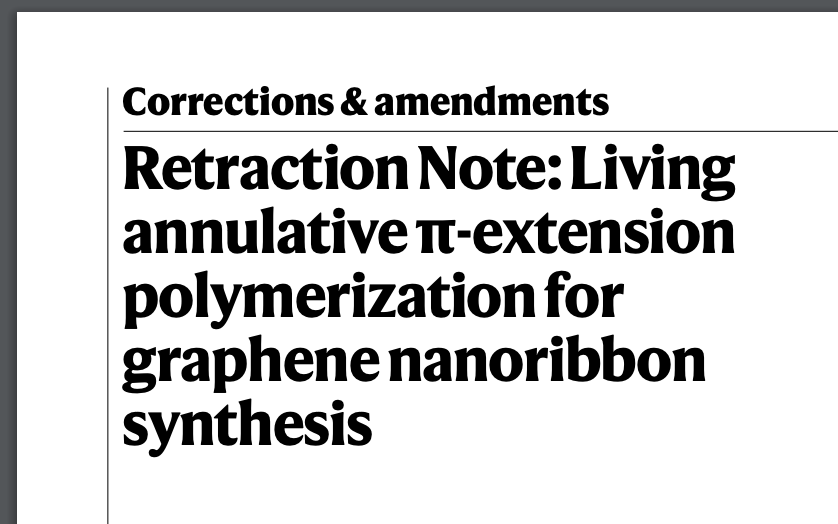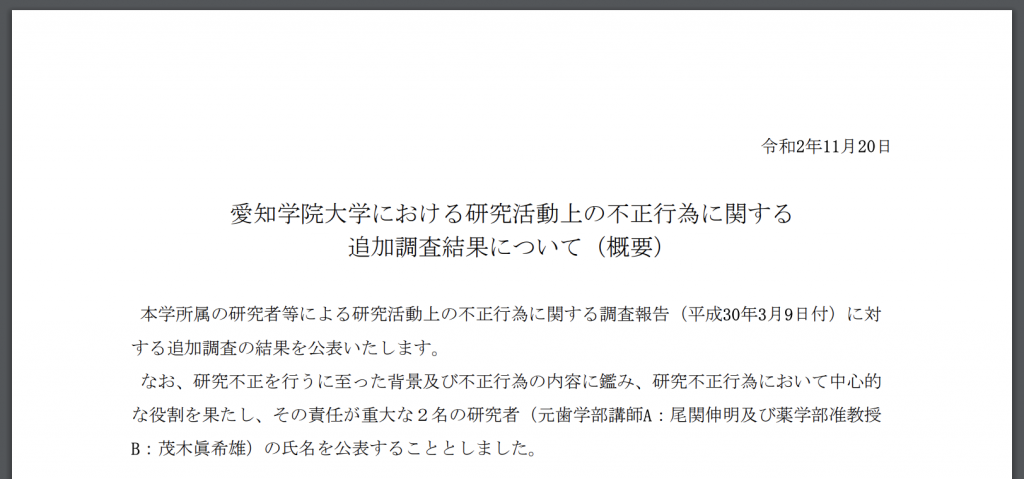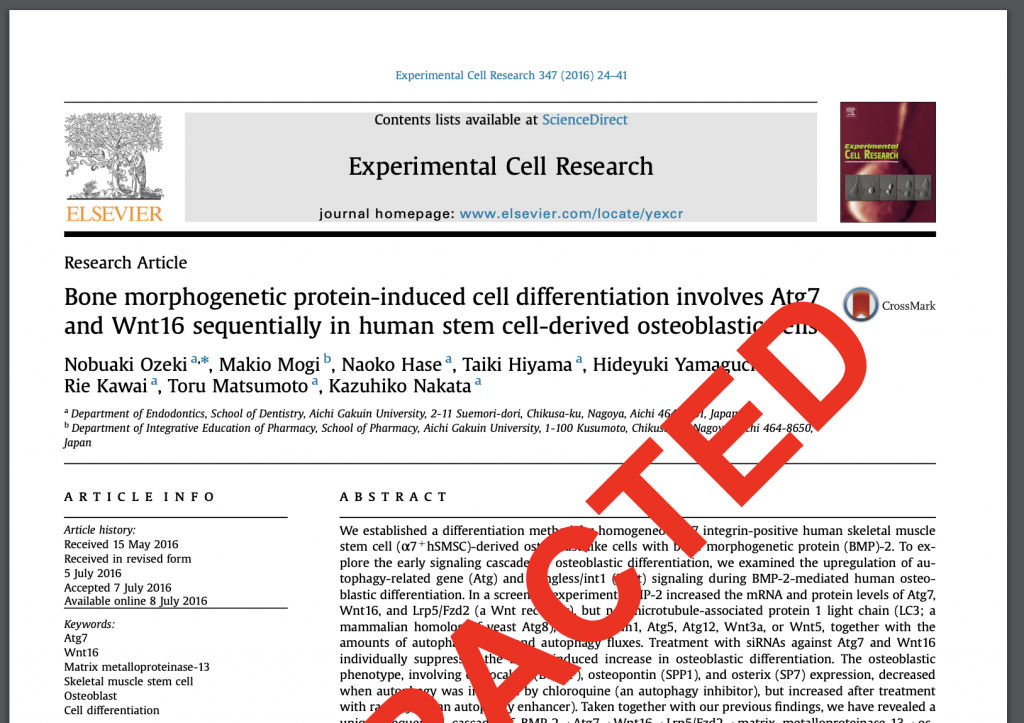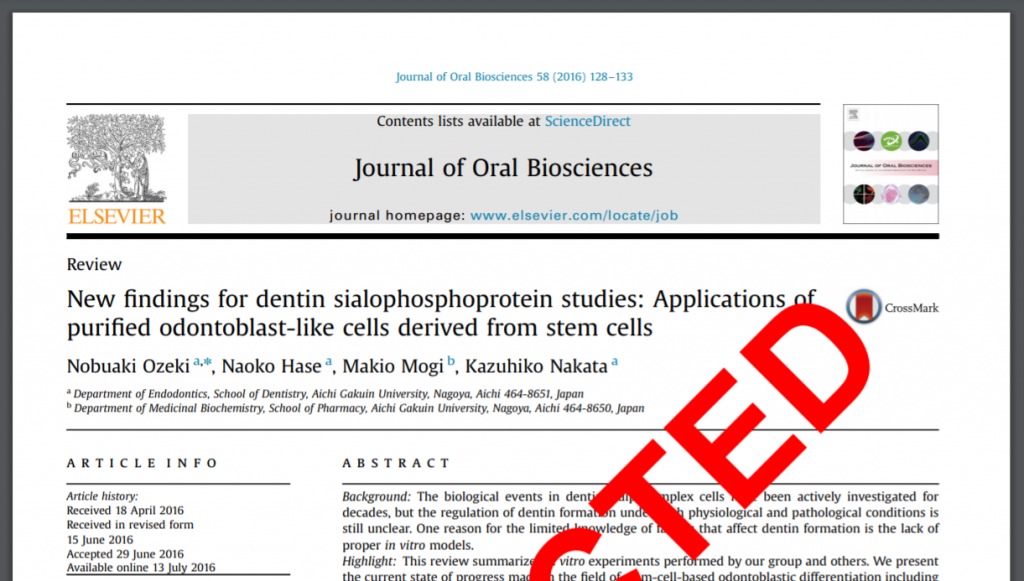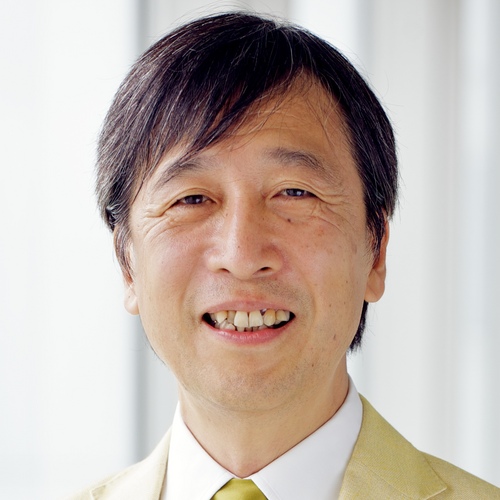
A materials scientist in Japan was found guilty of plagiarism and fabrication of data in a May 2019 paper, resulting in a six-month suspension, according to her institution.
Ye Zhang, of the Bioinspired Soft Matter Unit at the Okinawa Institute of Science and Technology Graduate University (OIST), was the senior author of “Enzyme-mediated dual-targeted-assembly realizes a synergistic anticancer effect,” which appeared in Chemical Communications on May 9, 2019. The paper has been cited seven times, according to Clarivate Analytics’ Web of Science.
According to OIST’s report on the case, five days after publication of the paper, a post-doc at the university filed a complaint with the school’s hotline, alleging that the article contained fabrication and plagiarism.
A month later, Zhang submitted a revised version of the paper to the journal, which issued the following correction:
Continue reading Okinawa university suspends researcher for six months following findings of plagiarism and faked data